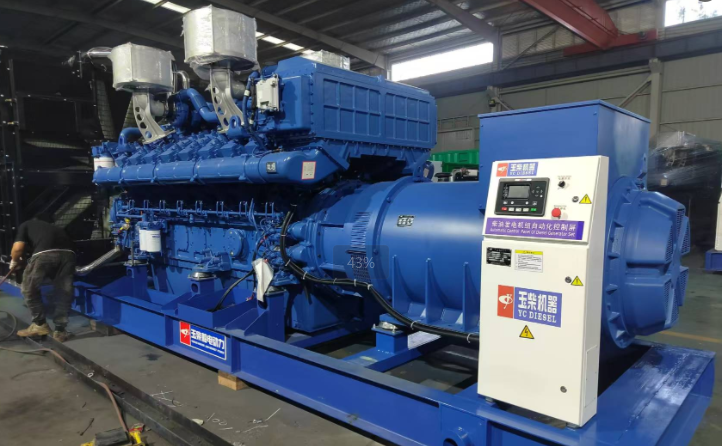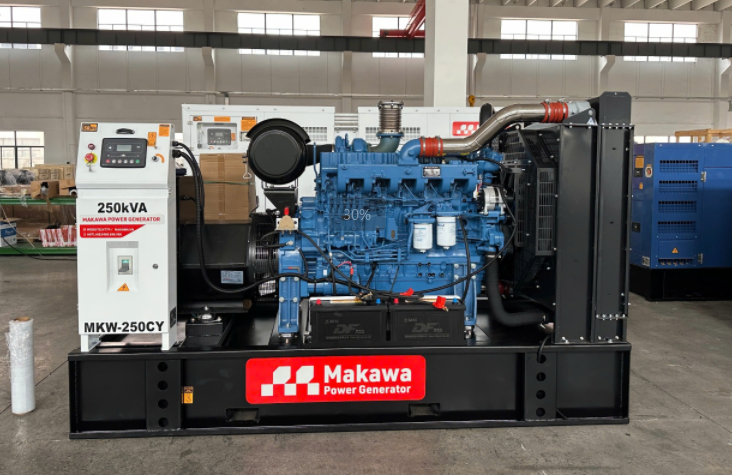News
Understanding the Parameters of Generator Sets
In the world of power generation, generator sets play a crucial role in providing electricity in various settings. Understanding the key parameters of generator sets is essential for ensuring their optimal performance and efficiency. In this article, we will delve into the essential parameters of generator sets to help you grasp their importance and how they contribute to the overall functionality of these power generation systems.

Power Rating:
The power rating of a generator set refers to the maximum power output that the generator can provide. It is typically measured in kilowatts (kW) or megawatts (MW) and indicates the capacity of the generator to meet the electrical demands of the connected load. Understanding the power rating of a generator set is crucial for determining its suitability for specific applications and ensuring that it can handle the required electrical load effectively.Voltage and Frequency:
Voltage and frequency are critical parameters of generator sets that determine the compatibility of the generated electricity with the electrical system it is connected to. Voltage refers to the electrical pressure or force at which electricity is delivered, expressed in volts (V), while frequency represents the number of cycles per second at which the alternating current (AC) electricity oscillates, measured in hertz (Hz). Ensuring that the voltage and frequency output of the generator set aligns with the requirements of the connected electrical system is essential for seamless operation and preventing damage to sensitive equipment.Fuel Type and Consumption:
The fuel type used by a generator set significantly impacts its performance, efficiency, and operating costs. Common fuel types for generator sets include diesel, natural gas, gasoline, and biogas, each with its advantages and considerations. Understanding the fuel consumption rate of a generator set is crucial for estimating the operational costs and planning fuel storage and refueling schedules efficiently.Efficiency and Load Factor:
Efficiency is a key parameter that reflects the ability of a generator set to convert fuel energy into electrical power effectively. It is typically expressed as a percentage and indicates the ratio of electrical output power to the input fuel energy. A higher efficiency level signifies lower fuel consumption and operating costs. The load factor of a generator set refers to the ratio of the average load on the generator to its maximum capacity over a specific period. Operating a generator set at optimal load factors enhances its efficiency and longevity while minimizing maintenance requirements.Emissions and Environmental Impact:
Generator sets powered by internal combustion engines emit pollutants such as nitrogen oxides (NOx), particulate matter, carbon monoxide (CO), and hydrocarbons during operation. Understanding the emissions profile of a generator set and implementing appropriate emission control measures are essential for complying with environmental regulations, reducing air pollution, and mitigating the impact on human health and the environment.

In conclusion, mastering the parameters of generator sets is crucial for optimizing their performance, efficiency, and reliability in diverse applications. By understanding and monitoring these key parameters, operators can ensure the seamless operation of generator sets, enhance their longevity, and minimize operational costs.
Categories
News
Contact Us
Contact: yuchai Generator Set
Phone: +86 13312561188
Tel: +86-0871-67352758
E-mail: master@zimbon.com
Add: 11th Floor, Office Building C, Shuangcheng Intercity Business Center, No. 8868 Guangfu Road, Guandu District, Kunming City, Yunnan Province, China